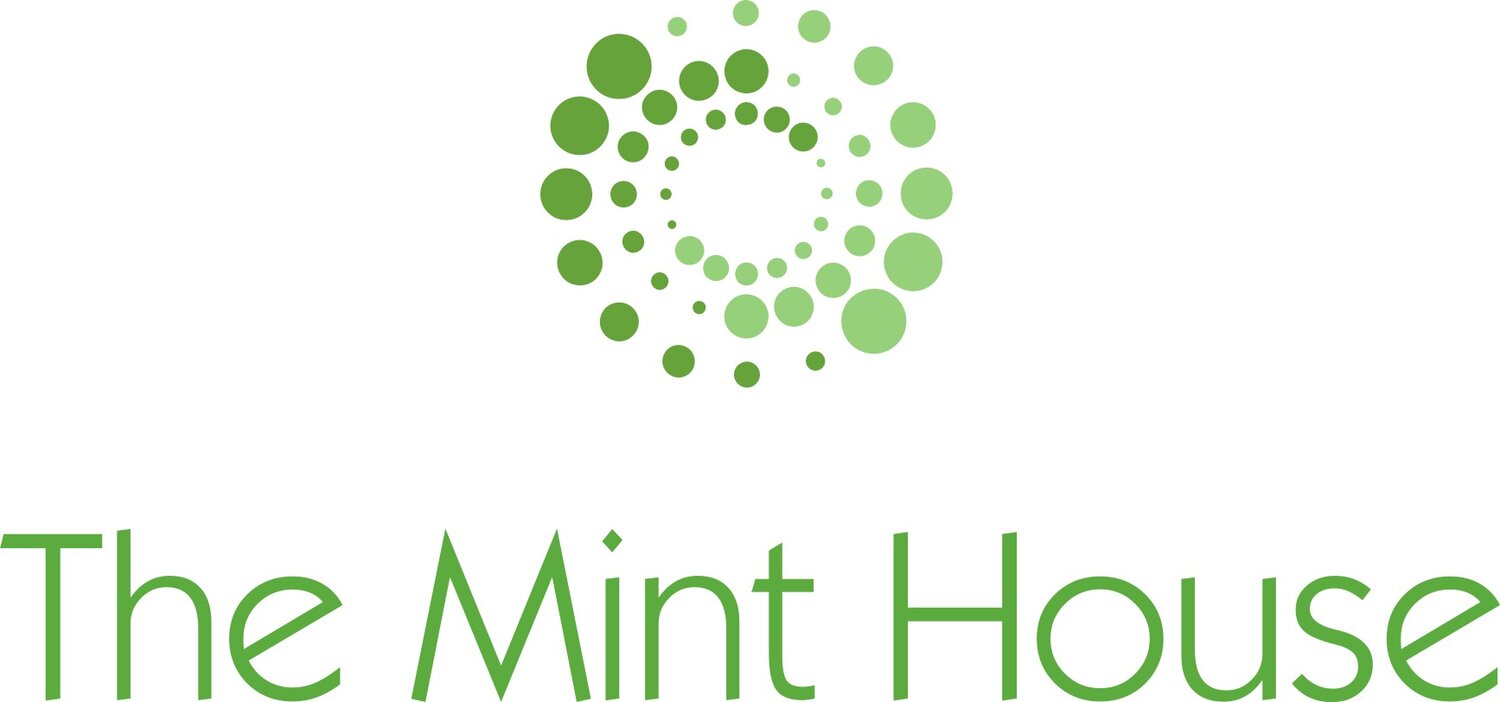By Rosie Chadwick
We’ve all read the news reports, or maybe seen the issues at first hand: ‘student mental health and anxiety a significant issue’…’calls for urgent action on racial harassment in higher education’ …’free speech under threat from ‘no platforming’ … ‘more to do to tackle sexual violence and online harassment on campus’…’students pressured to sign non-disclosure agreements’… ‘students’ rent strike threat.’
While clearly not a cure-all, there’s much to suggest that restorative practice can be part of the response in all these areas, whether through building community and strengthening relationships – creating a safe space for people to tell their stories - or by helping repair harm when things go wrong.
Often, Universities are communities in miniature where people who have been harmed and people who have caused harm can’t just walk away but need to continue to live in close proximity. Studies also suggest that involvement in restorative processes can be a source of rich developmental learning for students, and that restorative pedagogy enhances student learning and development, for example enabling students to take responsibility for their own learning, listen deeply and acknowledge different perspectives.
Given all this it’s puzzling that restorative practice isn’t more developed in our universities. Interest – and implementation – is seemingly on the rise in the US and elsewhere [as the reading list we’ve put together indicates]. In [another sign] of this the National Association of Community and Restorative Justice published a Policy Statement on Community and Restorative Justice in Higher Education in 2019, with a promise of implementation and management guidelines to follow.[1] The Association’s Director adds that ‘We are now seeing that interest on college campuses begin to grow for student conduct/student affairs and broader interpersonal and group conflicts on campus. So, stay tuned -- keep watching.’
UK examples that we know of include Portsmouth University’s ‘Sort it out!’ conflict resolution service, run by Portsmouth Mediation Service in collaboration with the Student Union and Portsmouth Law School; and the piloting by Nicola Preston of a relational model of teaching and learning at the University of Northampton, about which she’s written for the Restorative Justice Council’s Resolution Magazine.[2] Here at the Mint House we’ve also dipped our toe in the water with exploratory conversations and small-scale training, but small-scale sums it up.
We’re keen to realise the potential of restorative practice in higher education settings, and welcome others’ thoughts on barriers and practical ways forward. Some great work has been done on restoring our schools. Restoring our colleges and Universities is surely another high priority.
References
[1] 2019-NACRJ-Higher-Ed-Policy.pdf
[2] Universities and Colleges – Portsmouth Mediation Service; RJC-Resolution-65-Autumn-19.pdf (restorativejustice.org.uk)
